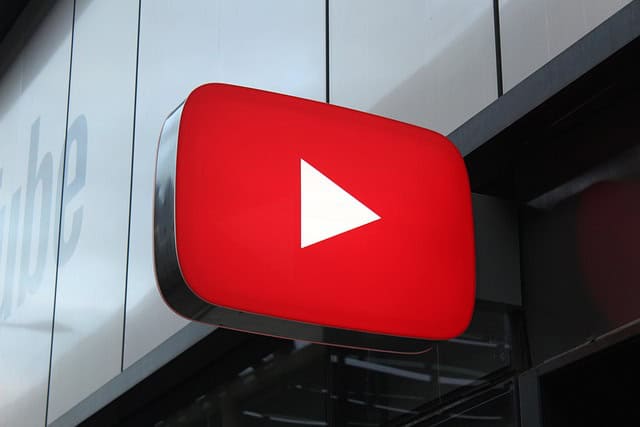YouTube Rolls Out Alarming AI Age-Verification to Automatically Restrict Users Under 18 – Will You Be Targeted?
Do you use YouTube? You probably do. Whether you go there for livestreams, sports, or good old cat videos, YouTube has something for everyone. Now, do you live in USA and are you over 18? If you live in the USA, you’d better be over 18, and the content you watch had better reflect that well enough to convince an AI that you’re not lying about your age, or else you might be forced to verify your age.
YouTube’s New AI Age-Verification
According to CNN, YouTube has unveiled a new AI age-verification in the USA meant to determine whether or not a user is a minor, regardless of the birthdate they entered when registering. The AI “relies on signals such as the types of videos a user searches for and watches, and how long their account has been active.” This seems incredibly flawed, since minors might seek out adult content simply because it’s forbidden, and nostalgic adults might seek out cartoons they watched as kids. I myself enjoy watching older Sesame Street segments on the platform, so does that mean the AI could pin me as a minor?
If the AI determines that a user is a minor, it will automatically apply the site’s teen safety measures, which means certain content will be blocked, recommendations will be regulated, and “take a break” advice will be implemented.
What if I’m Incorrectly Labelled as a Minor?
This is the scary part. If you get incorrectly labelled as a minor, you have to show proof of your age, using a government ID, credit card, or selfie. While a YouTube spokesperson stated that the site “does not retain date . . . for the purposes of advertising.” The fact that the spokesperson only mentions advertising and nothing else indicates that the data will indeed be retained. Many people, myself included, are not comfortable handing their ID or credit cards over to a website. As such, there have been outcries of privacy concerns and even calls to boycott the site.
Why is YouTube Adding Age Verification?
It is supposedly to protect minors from inappropriate content, but implementing an AI to do the verifying is asking for a lot of things to go wrong. AI can be unreliable and prone to misunderstanding the intent behind directions. In addition, asking users to use IDs and credit cards to verify their ages just because an AI incorrectly labelled them as minors is a clear violation of privacy. Perhaps parents who are concerned about their children viewing inappropriate content should work on restricting their children’s internet time themselves instead of expecting a YouTube AI to solve the problem for them.







